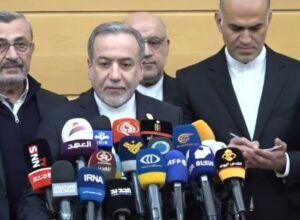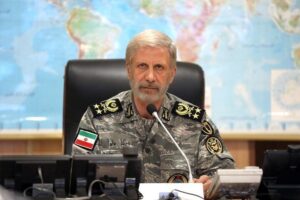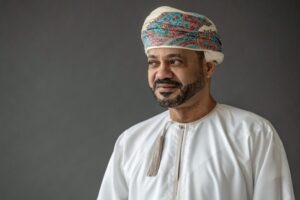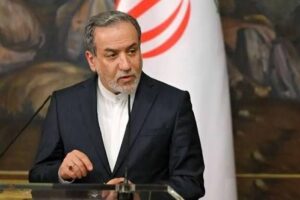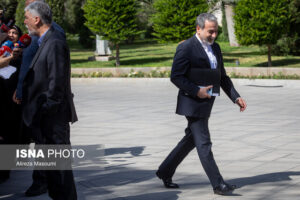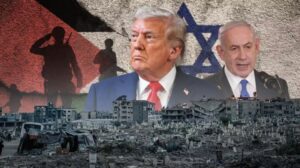Avash News: He added that as long as the United States insists on its dictatorial approach, no meaningful negotiations can take shape.
In his weekly briefing on Sunday, Baghaei also referred to the Zionist regime’s use of prohibited weapons—including the deployment of cluster bombs in southern Lebanon—and the regime’s organ theft from Palestinian captives. He said these actions demonstrate that the regime observes no limits in committing crimes and does not adhere to any international obligations.
In response to a question, Baghaei warned that if the Zionist regime’s crimes are not contained within the region, their consequences and implications will undoubtedly spread to other parts of the world.
He added that the measures taken by the Zionist regime, along with the statements of its officials, reflect a spirit of aggression and a sense of self-superiority, noting that no part of the world can consider itself immune from the regime’s actions and crimes.
Iran’s letter to Saudi Arabia on mutual issues
Regarding reports that Saudi Arabia is mediating between Iran and the United States following a letter sent by Iran’s President to the Saudi Crown Prince, Baghaei said that “the letter concerned bilateral issues and matters related to the Hajj pilgrimage.”
He emphasized that the issue is not about mediation or a mediator, but rather about the U.S. approach, stressing that Washington is not serious about negotiation.
“The U.S. approach is based more on dictation than on standard diplomatic engagement and mutual give-and-take,” he said. “As long as this remains the U.S. approach, meaningful negotiations will not materialize.”
Pointing to the positive relations between Iran and Saudi Arabia, Baghaei said Iran appreciates all countries that work toward strengthening peace and stability in the region.
Baghaei also stressed that the UNSC resolution against Iran contradicts both the Agency’s and the Council’s standard procedures, and that it complicates the issue instead of helping to resolve it.
“There was no goodwill in the resolution,” he said, adding that its content is a stain on its perpetrators and supporters. He also noted that the resolution fails even to acknowledge the root of the problem—namely, the illegal attacks by the United States and Israel on Iran’s peaceful nuclear facilities.
Baghaei said that in the context of interaction with the agency, Iran does not need a mediator, adding that its representative in Vienna is actively engaged.
“We are a member of the agency and present our position very publicly. We communicate our stance in talks with the agency, and as long as we remain a member of the Non-Proliferation Treaty, we consider ourselves committed.”
The senior diplomat said that the problem arose when the U.S. and Israel interfered in the process of Iran’s cooperation with the agency by attacking Iran’s facilities.
He criticized the recent statement of the UNSC, saying that, unfortunately, other parties ignore the realities, and the UNSC should hold the U.S., the Zionist regime, and their allies responsible for their attacks on Iran, instead of talking about a lack of cooperation with Iran.
Elsewhere in his remarks, Baghaei noted that engagements and negotiations to strengthen and expand Iran-Russia cooperation on peaceful nuclear energy continue with the same vigor and seriousness as before.

